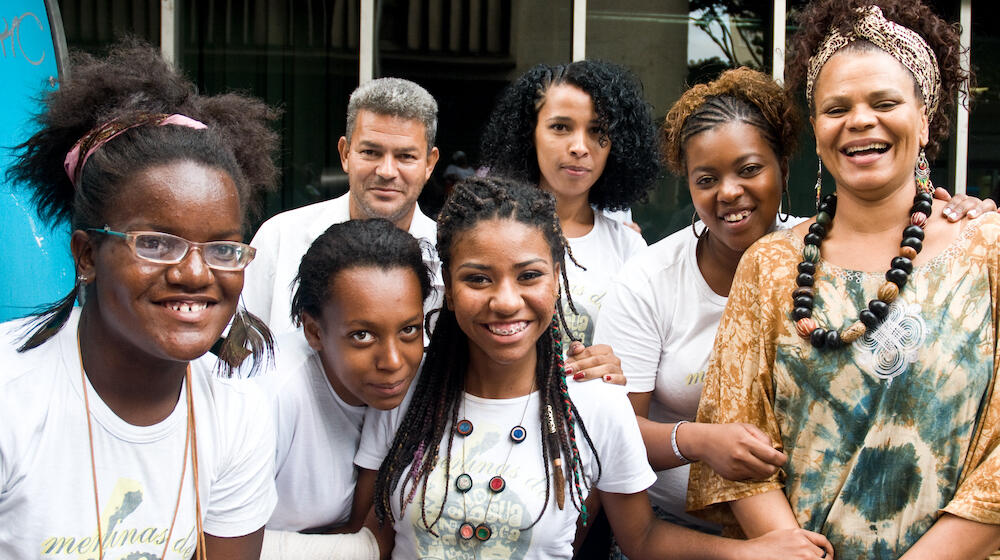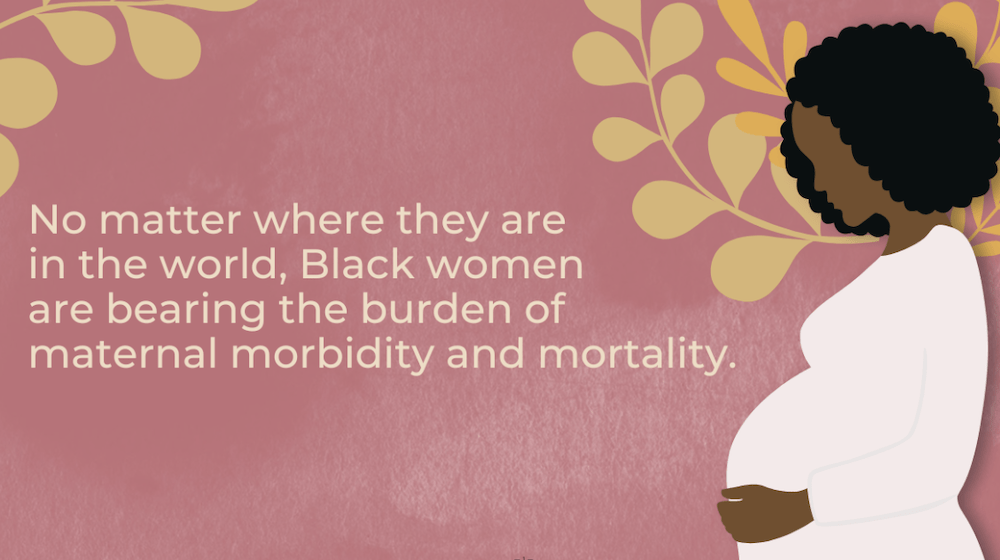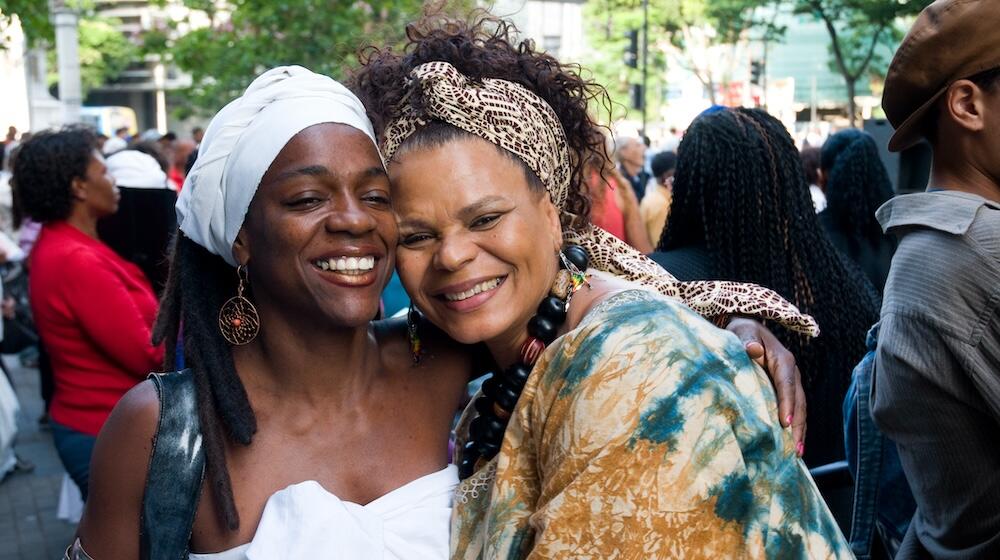As a global society, we are only as far ahead as those we push furthest behind.
Our collective future depends on addressing the root causes of racism, as well as sexism and all other forms of bias.
Ten years of activism during the International Decade for People of African Descent has yielded some progress for Afrodescendent people, with the world increasingly recognizing their contributions to global equity, peace and prosperity. Afrodescendent-led movements have raised awareness of key issues such as inclusion, education, health care and policing across the globe.
In response, countries are implementing affirmative action policies, passing laws against racial discrimination, collecting data to include Afrodescendent people and developing action plans to promote their rights.
With that in mind, the theme for the International Day for the Elimination of Racial Discrimination this year is: “A decade of recognition, justice and development: implementation of the International Decade for People of African Descent.” The day is observed annually on 21 March, the date when police in Sharpeville, South Africa, opened fire and killed 69 people at a peaceful demonstration against apartheid in 1960.
UNFPA, the United Nations sexual and reproductive health agency, works to advance the rights of Afrodescendants – particularly women, girls and young people – by increasing the visibility of their experiences and urging targeted actions to ensure their dignity and allow them to realize their potential.
There is a long way to go. Racist legacies of colonialism and the Transatlantic slave trade continue to limit access to education, employment and health services for ethnic and racial minorities, particularly women and girls, jeopardizing the well-being of not just individuals but entire communities.
Women and girls of ethnic and racial minorities remain among the world’s most marginalized people, as structural racism and sexism continue to bar their access to health, empowerment and autonomy. In maternal health settings across the Americas, for example, Afrodescendent women are more likely to die during childbirth due to neglect and mistreatment by providers, many of whom received training that involved unscientific and racist beliefs.
Despite this danger, poor health outcomes for women and girls of African descent remain invisible in many countries. For instance, a recent study by UNFPA and partners on the health of Afrodescendants in the Americas found that, across the 35 countries that constitute the Americas, only 11 nations collect maternal health data broken down by race.
Where data are available, the largest discrepancy in maternal death rates is in the United States – where Black women are three times more likely to die than white women. Higher income and education offer little protection: Maternal deaths among African American college graduates in the U.S. are 1.6 times higher than among white women with less than a high school diploma.
The world must urgently invest in the economic and social empowerment of women and members of minority groups. This includes lobbying governments, educational institutions and health sectors to dismantle systemic discrimination against – and to increase the participation of – women and girls of ethnic and racial minorities in maternal health policies.
This spring, to mark the International Decade for People of African Descent and the International Day of Remembrance of the Victims of Slavery and the Transatlantic Slave Trade, the United Nations will host two new exhibits highlighting the horrors of slavery and acts of resistance.
In one of the new exhibits, the United Nations Outreach Programme on the Transatlantic Slave Trade and Slavery, in collaboration with the Iziko Museums of South Africa, will present an adaptation of the exhibit “Who were the enslaved? Commemorating lives under enslavement at the Cape of Good Hope.” Originally shown at the Iziko Slave Lodge in Cape Town in 2023, the exhibit examines slavery in South Africa and highlights stories of individuals enslaved at the Slave Lodge in the 30 years it served this purpose at the turn of the 17th century.
The exhibition will be on display in the Visitors’ Lobby at the United Nations Headquarters in New York from 19 March to 25 April and can be accessed by the public Monday through Friday, from 9 a.m. to 5 p.m., excluding holidays. Click here for more information about how to access the United Nations.
In the other new exhibit, UNFPA, with support from the United Nations Outreach Programme on the Transatlantic Slave Trade and Slavery, will present “Ibo Landing,” featuring original drawings by Jamaican-American artist Donovan Nelson. The Ibo, also referred to as Igbo, are one of the largest ethnic groups in West Africa. In 1803, a group of enslaved people from this region committed one of history’s most storied and tragic acts of resistance in defiance of enslavement, committing suicide by drowning after arriving in the U.S. state of Georgia.
The exhibit, which captures the sorrow and horrors of this historic event, will be on display from 25 to 28 March, near the Vienna Café at the United Nations Headquarters in New York. Attendees are encouraged to register here.




